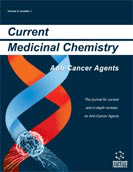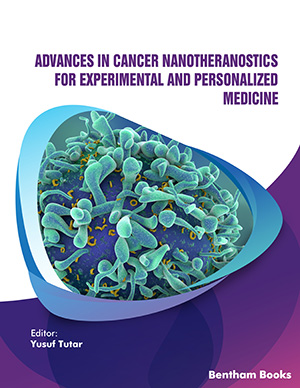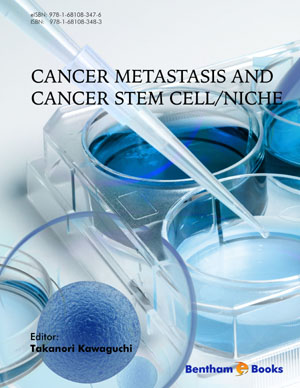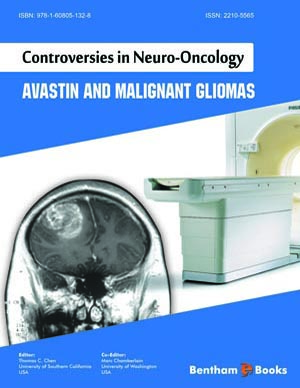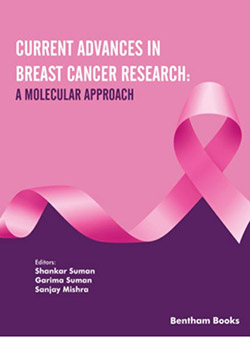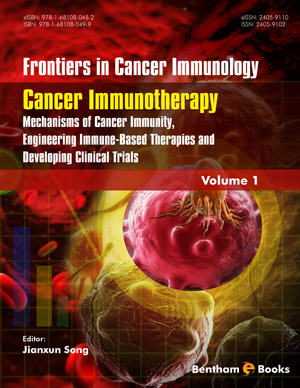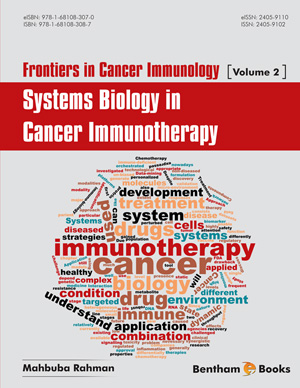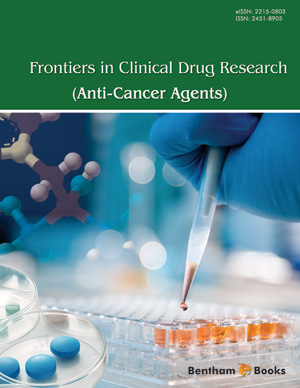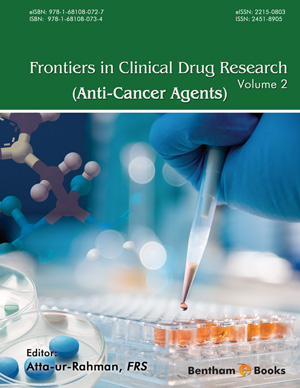Abstract
Nitric oxide (NO) is a universal, water-soluble, free radical gas, which plays
an important role in the physiological along with pathological processes. NO has been
shown in the literature as a key player in carcinogenesis as well as tumor development.
Still, there is a lot of debate and misunderstanding about its involvement in cancer. It is
believed to have both tumoricidal as well as tumor-promoting effects, which are
determined by its timing, location, and concentration. NO has been linked to
angiogenesis, apoptosis, cell cycle, invasion, and metastasis. On the other hand, it is
emerging as a possible anti-oncogenic agent. Strategies for manipulating in vivo
production and exogenous delivery of this molecule for therapeutic gain are being
investigated. For therapeutic advantage, strategies for controlling in vivo synthesis and
exogenous distribution of this molecule are being investigated. Further research in
experimental settings and clinical trials is required to enhance innovative NO-based
cancer prevention and treatment strategies. The spectrum of NO actions in cancer and
the mechanisms by which NO acts in breast cancer are addressed in this article.
Keywords: Nitric oxide, Nitric oxide synthase, Reactive nitrogen species, Tumoricidal.





